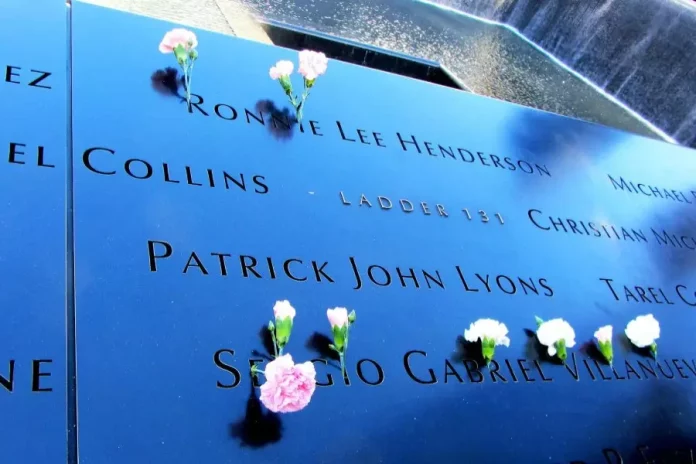According to government statistics, over 2,700 deaths and tens of thousands suffered injuries on 9/11. The extent of the injuries did not end on that day. Even today, many people still suffer illnesses resulting from inhalation of toxins and dust billowing from the scene, with most of the victims being first responders.
Due to the extensive nature of the damages suffered by families of the victims that died, first responders, and people working or living in the vicinity of the World Trade Center, the senate enacted several laws to address the issue of compensation, one of which was the 9/11 Victim Compensation Fund (VCF).
Who Qualifies For VCF?
Any person who suffered injuries resulting from the 9/11 attack can qualify for compensation under VCF.
However, they must fulfill several conditions, such as:
- They must register with the VCF before the application deadline, which is on October 1, 2090
- They must prove that they have suffered injuries resulting from 9/11.
- The person must have withdrawn any 9/11-related lawsuits by January 2, 2012
- Persons filing a case on behalf of a deceased 9/11 victim must prove that they are legally authorized.
- The person must have been at the site of the accident on 9/11 or before May 2002
While the qualification may sound easy to meet on paper, the verification process can be pretty complicated. So, if your status matches the profile of 9/11 victims that are covered under VCF, it would be a good idea to visit one of the many 9/11 victim compensation fund law firms to weigh your options.
The Process of Filing a Claim Under VCF
1. Register With VCF
The initial step of the claims process is registering and submitting a claim with the VCF. When filling out your application, you must accompany it with documents supporting your compensation eligibility. After that, you will receive communication from VCF informing you that they have received your application.
2. Preliminary Review
In the preliminary review process, the VCF confirms whether the filing is accompanied by necessary documentation and if the applicant followed the proper filing procedures. If not, the application is marked as inactive. The applicant has up to 60 days to make necessary corrections to their documentation or risk having their eligibility denied.
3. Substantive Eligibility Review
If the documentation and the procedures are good, the claim moves to the substantive review phase.
In this phase, the verifying team will look deeper into the applicant’s qualifications for compensation, such as being on-site on 9/11 or the following days, withdrawing 9/11 lawsuits on time, and having a 9/11 verifiable related injury. If there are issues in establishing eligibility, the applicant will receive a notification within 30 days to make necessary corrections.
4. Eligibility Decision
After an in-depth evaluation of the claim, the reviewing team will determine whether to approve or disapprove eligibility. If approved, your claim moves to the initial compensation review stage. If denied, your claim stops at this point, but you may appeal.
5. Initial Compensation Review
At this stage, your eligibility is not in question. If your claim involves non-economic damages only, it moves onto the next stage – calculating the awards. If your claim involves economic damages such as the cost of long-term care, the VCF may contact third parties for necessary documentation of medical, disability, pensions, or earning history.
6. Reviewing and Calculating Awards
This stage involves calculating damages. This process can take a relatively long period, especially if the claimant’s damages are extensive because all damages are awarded individually. If there is any missing documentation that could assist in calculating economic damages, the claimant may lose out on the monetary damages.
7. The Payout
Once the VCF comes up with a figure, you receive a letter with a breakdown of awards. If you do not appeal your award, the VCF authorized payment 20 days after the 30-day appeal window. It may take up to three weeks from the authorization for the treasury to disburse the funds.












